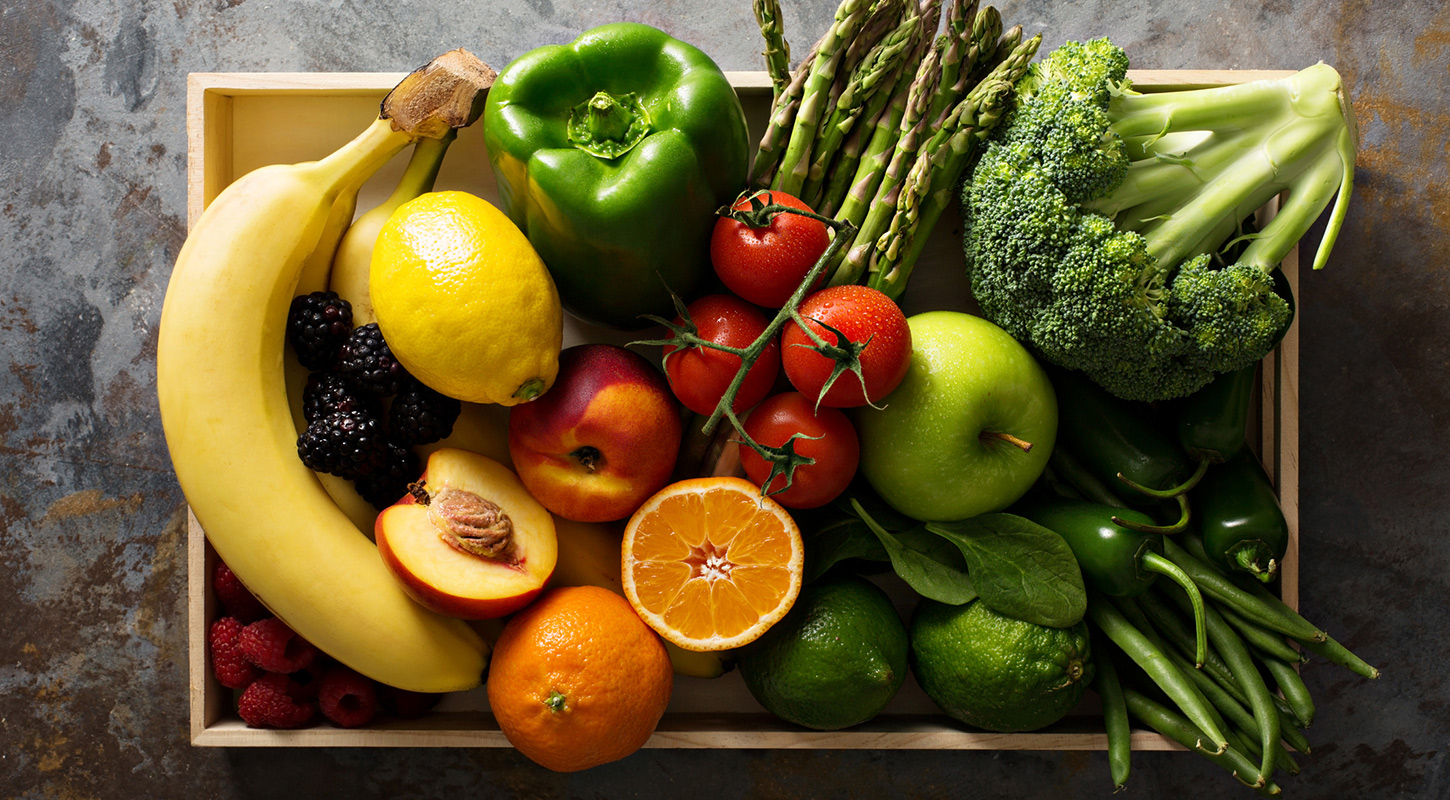Grocery Shopping With Diabetes: How to Buy Fruits and Veggies

Diabetes-friendly Shopping Tips for Fruits and Vegetables
When you have diabetes, grocery shopping can be overwhelming, especially if you’re on a budget. But diabetes experts and nutritionists say it can be done—and well. So as you navigate the produce aisle, try these diabetes-friendly tips to make your shopping experience productive and healthy.
1. Shop In-season Fruits and Vegetables
According to Jennifer Reed, registered dietitian and certified diabetes educator with the Baptist Diabetes Education Center, people with diabetes shouldn’t feel limited when it comes to food—no matter the time of year.
“There are plenty of healthy seasonal options for shoppers on a budget, including lean proteins, non-starchy vegetables and fruits,” said Reed.
Eating seasonal produce, such as squash in the fall and artichokes in the spring, leads to real benefits for your wallet and overall wellness. By selecting produce that is grown and harvested shortly before you purchase it, you save on costs in the checkout line because the food is at peak supply.
In-season produce costs farmers less to distribute and transport—and often, it’s locally grown and harvested, meaning it doesn’t lose nutrients and flavor during the journey to your grocery store. If you’re not sure what fruits and vegetables are available in the Mid-South this season, the Seasonal Food Guide can help you craft your next budget-friendly shopping list.
2. Consider Organic and Non-organic Options
While organic foods may be free from pesticides, they don’t affect your blood glucose levels any differently than non-organic foods. According to Reed, organic produce isn’t always right for everyone.
“When you’re on a budget, you don’t have to buy organic. You don’t have to say no to canned food,” said Reed. “Unfortunately, there are many myths and a lot of junk science about eating healthy with diabetes. Some people feel like they must buy expensive food items to be healthy—and that’s just not true.”
Reed suggests shoppers who want to reduce their exposure to pesticides and stretch their dollar try frozen organic produce. It’s a cheaper alternative to fresh organic produce. Stock up on bags of frozen strawberries or green beans when they go on sale to make the most of your budget.
“A registered dietitian can help anyone be healthy on any kind of budget with any kind of food,” said Reed.
If you’re interested in healthy eating and diabetes management but you need help getting started, the Baptist Diabetes Education Center offers adult and pediatric programs, nutrition therapy and more. To participate, ask your doctor for a referral.
Explore the Baptist Diabetes Education Center webpage to learn more about diabetes management programs and services at Baptist. Find a doctor by visiting our Find a Physician page.
